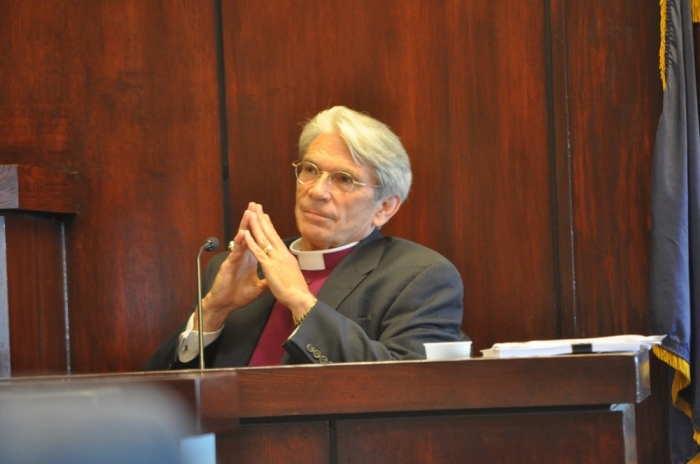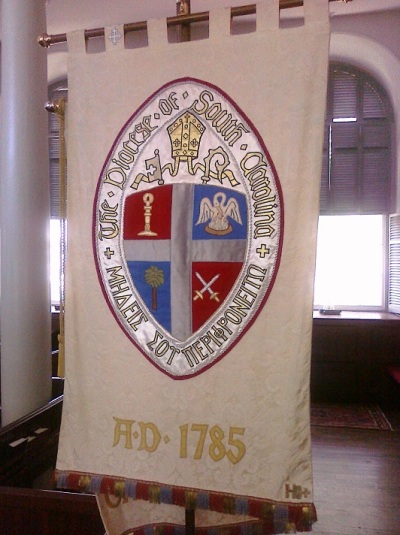Diocese Rejects Episcopal Church's Proposed Settlement in Battle Over $500 Million Property

A diocese that voted to break away from the Episcopal Church has rejected a settlement in advance of their scheduled arguments later this year before the South Carolina Supreme Court.
The Diocese of South Carolina announced Monday that they rejected a proposed settlement by the national denomination offered to them earlier this month.
The Rev. Canon Jim Lewis, spokesman for the diocese, said in a statement released Monday that the settlement offer was "spurious."
"It was a spurious offer chiefly made to disrupt submission of our brief and make them look good in the press," stated Lewis.
"As a matter of fact, the presiding bishop's chancellor is on record as saying they would never settle. In that, they have been utterly consistent up until now."

The proposed settlement offered by TECSC came with the blessing of Presiding Bishop Katharine Jefferts Schori, head of the mainline Protestant denomination.
According to the rejected settlement, the denomination agreed to let the 35 parish properties of the diocese keep their properties, regardless of whether or not they are affiliated with the breakaway leadership.
In return, the breakaway leadership was to give back all diocesan property, as well as assets and the trademark "Episcopal Diocese of South Carolina" name.
In their official rejection of the settlement, the diocese argued that there were multiple issues with how the settlement was presented to them.
"First, if it had been legitimate, it would have come from someone with authority to bind all the parties on the Episcopal Church side," noted the breakaway diocese on Monday. "Counsel for TEC was contacted to request that they provide the necessary proof of authority, along with THEIR signature on this offer. There has been no response."
"Equally important, a valid proposal should have come to the diocese's lead counsel for this litigation, not to a parish representative. After nearly two weeks from the time of the original 'offer' that contact has still not been made."
Regarding the rejected settlement offer, TEC Bishop vonRosenberg said: "In a situation like this, where there has been so much grief and misunderstanding caused by the actions of a few, we pray that a gracious response to those who are now separated from us will hasten the day when we can be together as one unified diocese again."
He continued, "Buildings are important, but what is most important is the people who are in them. … It is the people that we long to welcome back into The Episcopal Church once again."
In November 2012, the South Carolina diocese voted to leave the Episcopal Church due to theological differences and the apparent mistreatment of its bishop, the Rev. Mark Lawrence.
In January 2013, a lawsuit was made by the diocese over rightful ownership of the name and property of the regional body.
The breakaway leadership garnered a few early legal victories, including an injunction allowing them to use the name Diocese of South Carolina as the lawsuit was processed.
Episcopalians loyal to the national denomination adopted the name the Episcopal Church in South Carolina and elected the Rev. Charles vonRosenberg as provisional bishop.
In February, Judge Diane Goodstein ruled in favor of the breakaway diocesan leadership, concluding that the diocese, rather than the national denomination, had control over the estimated $500 million worth of property.
In late March, The Episcopal Church filed an appeal to the state supreme court, which agreed to hear oral arguments on Sept. 23.




























